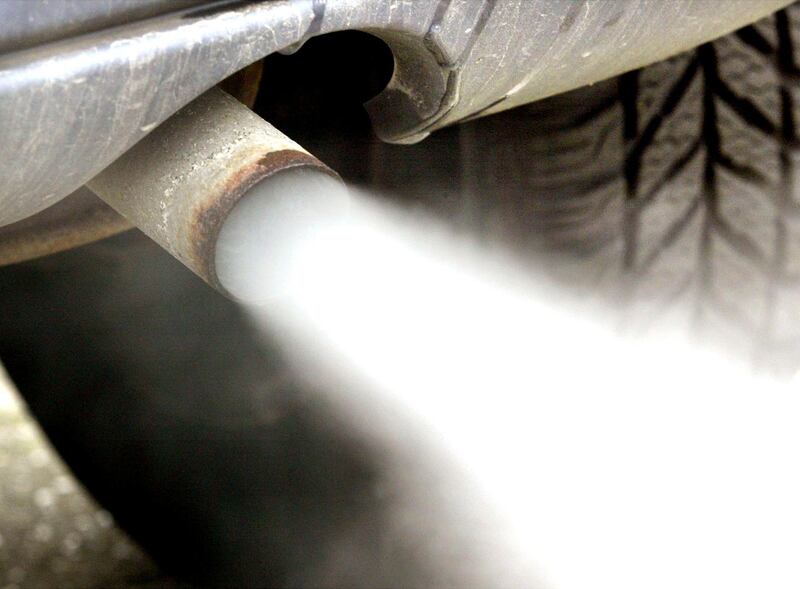The European Commission opened a formal investigation on Tuesday into whether German car makers BMW, Daimler and VW had colluded to avoid competition in developing clean emission technology.
The Commission, which oversees competition policy in the European Union, said it was looking into if the car makers agreed not to compete with each other on developing and rolling out systems to reduce harmful emissions from petrol and diesel cars.
"These technologies aim at making passenger cars less damaging to the environment. If proven, this collusion may have denied consumers the opportunity to buy less polluting cars, despite the technology being available to the manufacturers," European Competition Commissioner Margrethe Vestager said.
The Commission raided the German car makers' premises in October 2017 as part of its initial inquiries.
_______________
Read more:
Latest legal battle could see VW slapped with €9bn fine
VW said to cheat with petrol car emissions as well as diesel
_______________
The EU executive said its investigation focused on information indicating the that the "circle of five" - BMW, Daimler and VW's Volkswagen, Audi and Porsche - met to discuss technologies to limit harmful exhaust emissions.
In particular the Commission is assessing whether the companies colluded to limit the development and roll-out of selective catalytic reduction systems, which reduce nitrogen oxides from diesel car emissions, and "Otto" particulate filters that reduce particulate matter emissions from petrol cars.
The car makers, said the Commission, had also discussed other issues, such as common requirements for car parts and testing procedures, but said it did not have sufficient indications that these discussions were anti-competitive.
The Commission said it had notified the companies, adding that there was no legal deadline for bringing an anti-trust investigation to a close.






